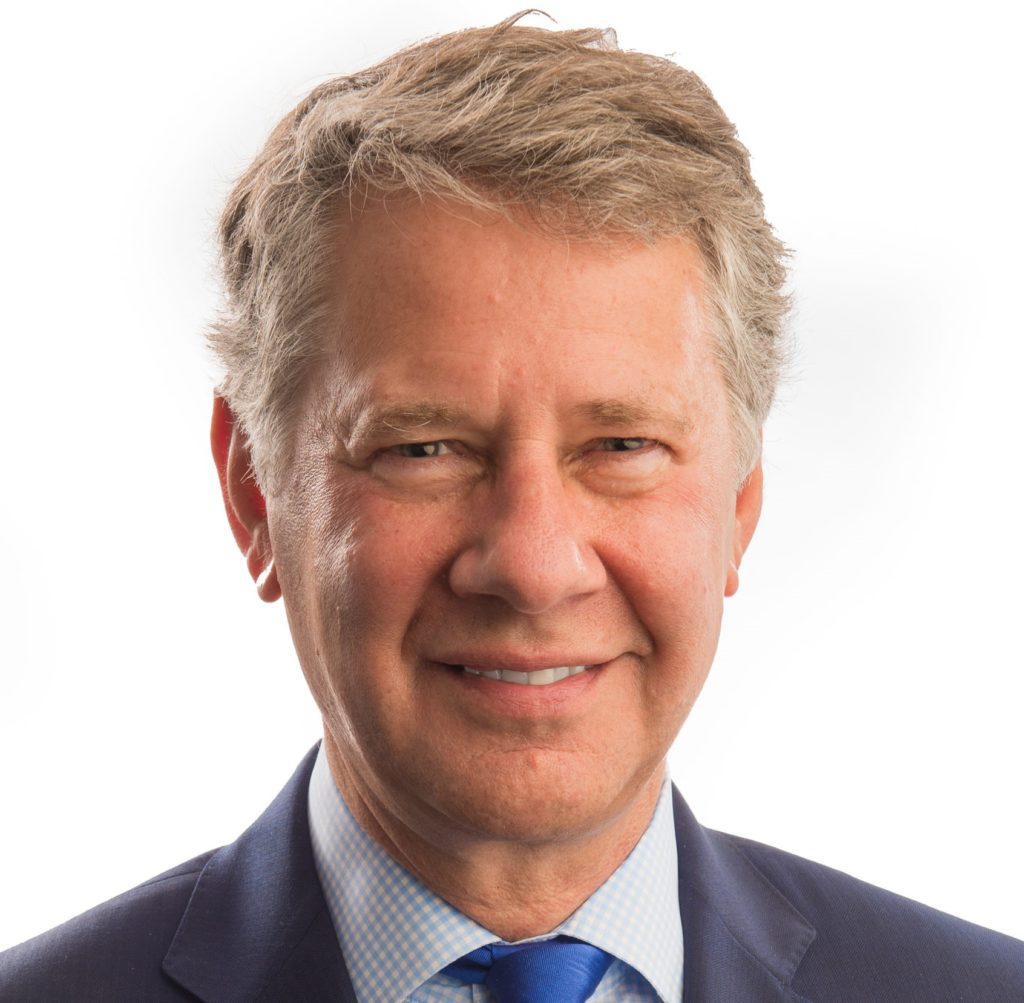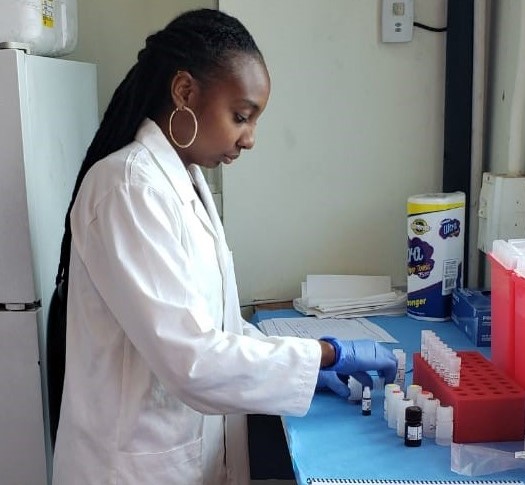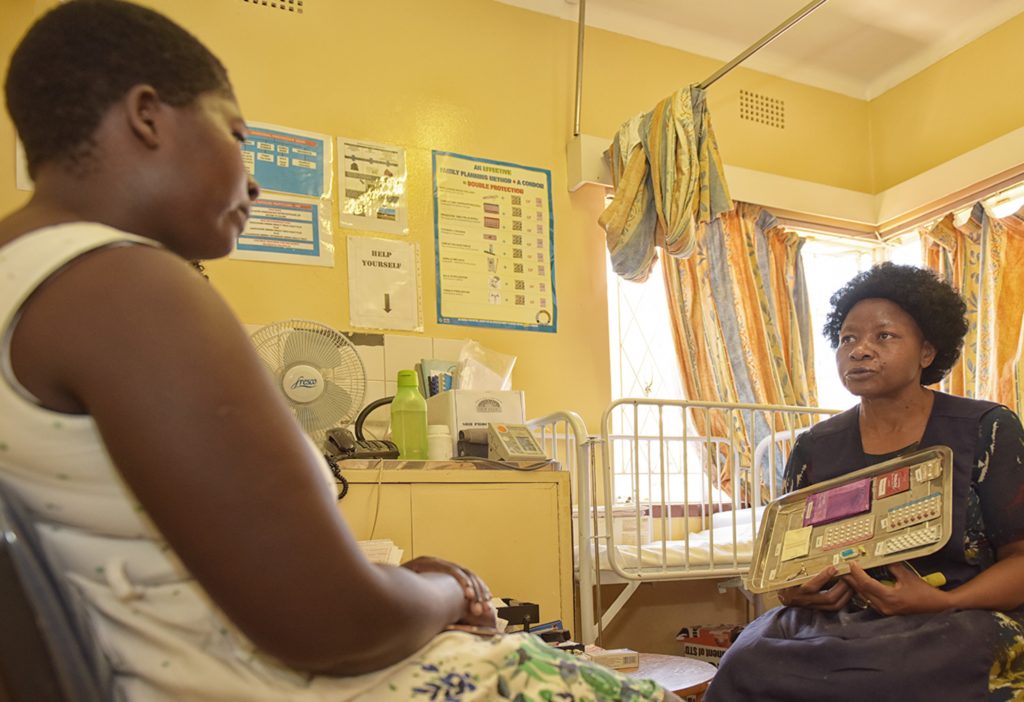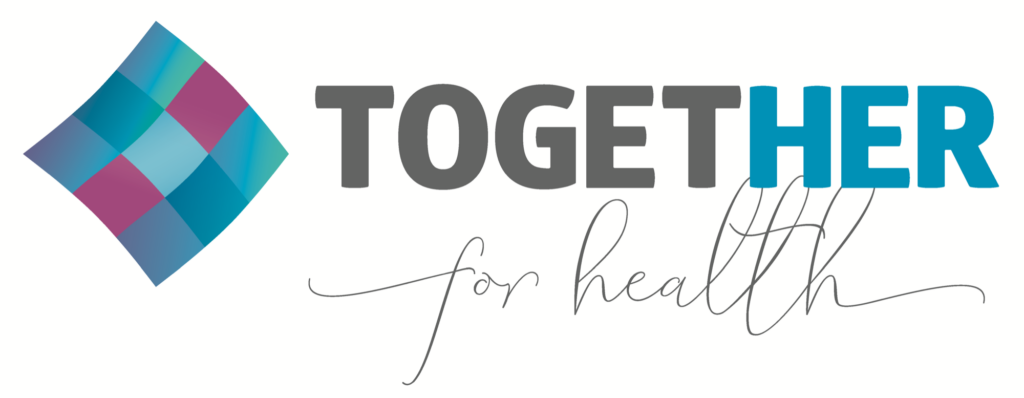The TogetHER Interview: Karl Hofmann, Population Services International (PSI) President & CEO

October 27, 2020
The impact of COVID-19 on global cervical cancer prevention efforts has been wide-ranging, with unclear long-term ramifications. Our new TogetHER Interview series provides an opportunity for key leaders in global cervical cancer control to discuss current challenges and provide perspective on where the field needs to go from here.
This installment of the TogetHER Interview series features Karl Hofmann, President and CEO of Population Services International (PSI).
Header and headshot photo credit: PSI

How have you and your organization been impacted by and adapted to COVID-19?
Like everyone and every organization everywhere, COVID-19 has disrupted PSI’s work and the way we interact with and deliver goods and services to our health consumers, whom we call Sara, in the Global South. We know the pandemic is having dangerous direct effects as well as disastrous impacts on decades of work against other major killers such as malaria, HIV and TB. I’ve been pleased at the way in which PSI teams globally around the world have been able to adapt and find new, safe ways to continue our work. In fact, we have been able to document more than 300 program adaptations in 45 countries across our global network. These adjustments have allowed us to continue meeting our consumers’ essential health needs, while at the same time, responding to the challenges brought on by the pandemic. Nevertheless, the COVID-19 challenges remain significant.

“I’ve been pleased at the way in which PSI teams globally around the world have been able to adapt and find new, safe ways to continue our work. In fact, we have been able to document more than 300 program adaptations in 45 countries across our global network.”
Photo credit: PSI

What concerns you most about women’s health in low-resource countries during the pandemic? What is your organization doing about it?
Women’s health in low- and middle-income settings — and even in high resource settings such as the US — remains perilously fragile and easily disrupted. We have found innovative ways to safely continue service delivery in our operating environments. For instance, we’ve developed online training for healthcare workers through WhatsApp and other online platforms and coordinated home delivery or pick up/drop off sites to allow consumers access to medicine without coming into clinics. There are other great examples of these adaptations that characterize the dedication and commitment to our consumers. We have found the pandemic a very powerful reinforcement for self-care strategies across all our health interventions, including promotion of self-collection of HPV samples for cervical cancer screening, and the promotion of HIV self-testing, among others. These approaches reinforce our deep belief in the principles of consumer-powered healthcare. Nevertheless, it’s deeply disturbing that the US government has invested a tiny fraction of the massive resources made available to respond to COVID-19 in programs to strengthen the global response. And women’s health, as always, is underfunded, even within that tiny fragment. Policy priorities in most places remain indifferent to critical women’s health needs, and this is even more apparent in the context of COVID-19.
How do you see cervical cancer prevention – the HPV vaccine and screen-and-treat – coming back after the pandemic? What can we do now to prepare for the resumption of services?
Cervical cancer prevention and treatment programs will face a double challenge in bouncing back. One, the challenges of safely conducting service delivery will remain real so long as the COVID virus circulates widely. Both frontline health workers and the communities they serve will need to be informed and able to provide services safely while COVID-19 remains an immediate threat. Two, presuming the world will eventually find a vaccine solution to help address COVID safely and effectively, there is likely to be consumer uncertainty around the vaccine program — i.e., vaccine hesitancy — because of how badly the US and some other countries have responded to this moment, and the surge of vaccine nationalism that we are seeing. There is a risk that HPV and other life-saving vaccines may be further stigmatized as part of broader, and deepening, vaccine skepticism. Of course, the cervical cancer community has already encountered many challenges with HPV vaccine, and these hard-won lessons will no doubt serve the cervical cancer community going forward. More than ever, trusted care providers will be critical in communicating the importance of this and other vaccines, as services start to come back online across the globe.

“Both frontline health workers and the communities they serve will need to be informed and able to provide services safely while COVID-19 remains an immediate threat.”
Photo credit: Eric Gauss/PSI

What is something you have learned during COVID-19 that makes you hopeful?
We are resilient, our institutions have shown themselves to be adaptable and resilient, and I am confident that solid science and good public health discipline will, in the end, help us prevail against COVID-19.
In the meantime, our job at PSI remains to use our 50 years of experience to provide Sara – our consumer – with the resources, products and services that she needs to navigate her health needs during this unprecedented time. To do this, we will continue to promote self-care, adapt our programs to ensure safety and wellbeing of PSI teams, and continue to incorporate reliable scientific and public health learning into our work.
Read more about PSI’s cervical cancer prevention efforts in Mozambique and Uganda , as well their technical brief on integrating cervical cancer prevention services with voluntary family planning programs.
Interested in reading more TogetHER Interviews with leaders in the global cervical cancer response? Click here for the full list.

Karl Hofmann is the President and CEO of PSI (Population Services International), a non-profit global health organization. PSI operates in over 50 countries worldwide, with programs in family planning and reproductive health, malaria, water and sanitation, HIV, and non-communicable diseases. PSI works in partnership with local governments, ministries of health and local organizations to create health solutions that are built to last.
Prior to joining PSI, Mr. Hofmann was a career American diplomat for 23 years. He served as U.S. Ambassador to the Republic of Togo, Executive Secretary of the Department of State, and Deputy Chief of Mission (senior career diplomat) at the U.S. Embassy in Paris, France. He also served on President Clinton’s National Security Council staff.
Mr. Hofmann is Vice-Chair of the U.S. Global Leadership Coalition, a Director of the One Acre Fund, and a member of the American Academy of Diplomacy. He is a graduate of Georgetown University and the National Defense University.
